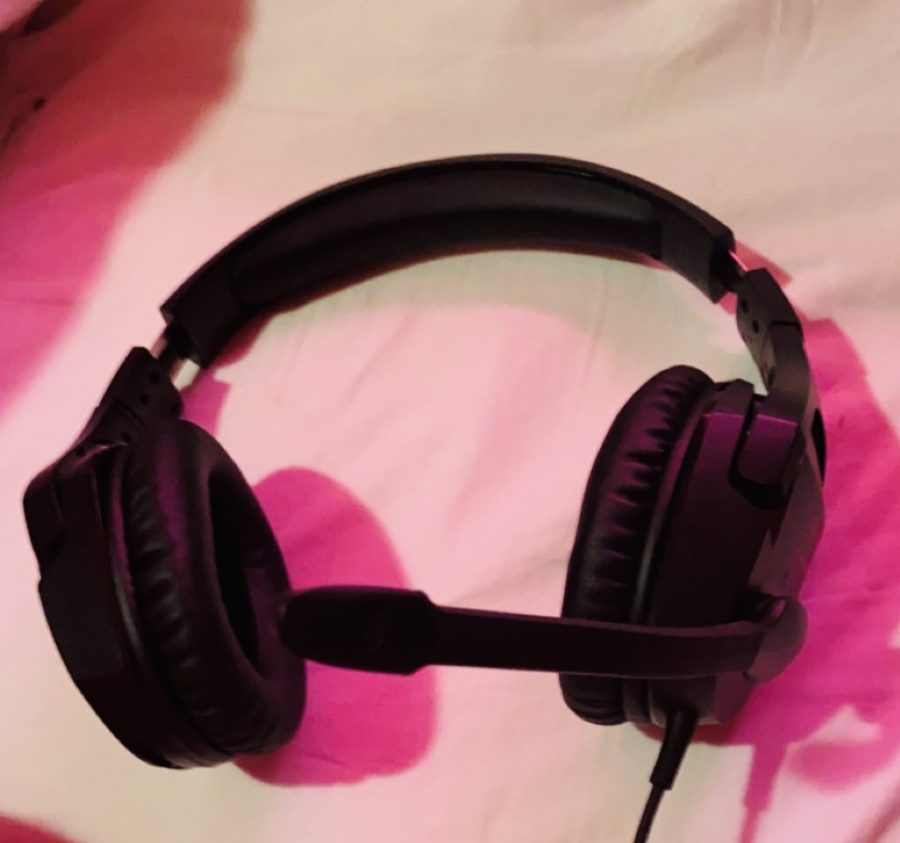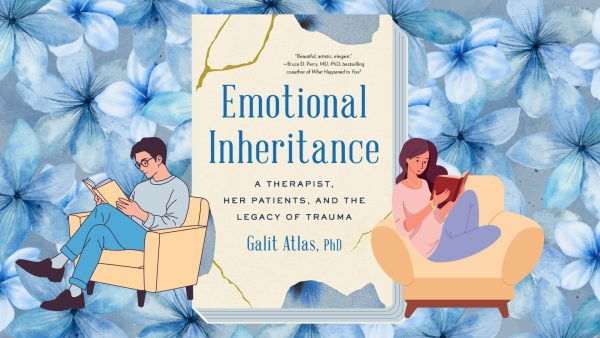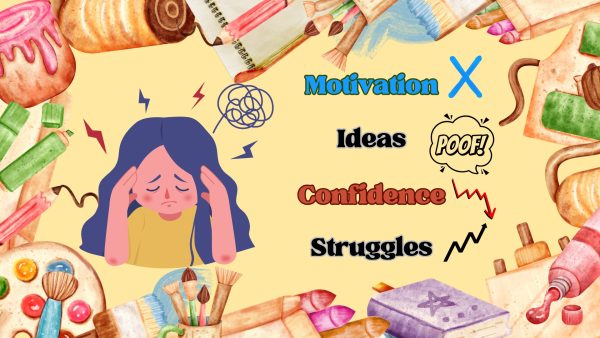Toxicity lurks in game chats
Game chats can prove to be much more explicit and toxic than in real life conversations.
The truth can hurt and we’re all prone to letting it out sometimes. At times being on the internet can be very much the same kind of story especially in video games. As a whole, there’s a massive issue regarding toxicity and whether that relates more to the way a person was brought up or a plasma screen protector between one another and several hundred miles; it’s something we all have to notice.
With coronavirus in play, many people who previously didn’t have time for video games find themselves picking up a controller and sitting down to pass the time. What many don’t realize is that what they will most likely encounter is a whole other level of disrespect and slander. At times lobbies (matches with a set amount of people who can talk with each other) can get heated and can be set off by names alone so it’s no wonder why people find themselves muting others.
Junior Albert Huynh, describes his experiences and gives an insight into the gaming realm by saying, “Now I realize that there are millions of players all around the world and they all have different points of views and different expectations of people. So my expectation now is that loading up an online game is a gamble. I load into a game with an expectation of ‘if the team is bad oh well and if a team is alright and friendly then I’m happy,’ with so many people online nowadays, you can’t ever go into a public game with high expectations anymore.” The gaming world is quite toxic in reality and new players won’t have the same readiness or may be shocked to hear some of the things they hear online because the expectations are the same as real life. Typical behavior involves basic manners like your thanks and please, but in an online situation that’s thrown out the window. That itself begs the question of whether it’s really a “high standard” or just basic manners.
Senior Andrea Herrera has also encountered toxicity.
“I think anyone that’s ever played a FPS game before has encountered some really toxic players. Really toxic players. Whether it’s campers, or people who [explicitly disrespect] your corpse, or who swear at you for being bad,” Herrera said.
Behavior in an online game will also affect a chat as told by Herrera. It’s almost guaranteed to encounter these kinds of people so it’s no longer surprising to Herrera or Huynh who both have been gaming since a young age.
For as long as bias and opinion are a thing, toxicity will never be entirely erased from either society or gaming.
“Toxicity will always be a thing. Even in the real world people can be toxic so when mixed with being anonymous and fully unfiltered in some instances, they will take the chance to do so.” Huynh stated. Toxicity is its own issue and essentially happens anywhere in this day and age. This however doesn’t mean it should be acceptable. With the proper steps and actions, it’s entirely possible for a fun and enjoyable experience for everyone to exist.
These steps have to be taken by game developers and companies in order to create such environments.
Herrera said, “I mean progress has been made with dealing with such environments, and I think having game chats automatically censor swear words and slurs (like in roblox and cod) is something that should be continued being done. Especially in games where a lot of younger people are exposed to things like that.”
Simple changes such as censorship in chats are ways game developers can battle toxicity but players also have to play their part and can do so by using reports and even renown systems.
A renowned system works similar to a review in that it allows players to give a rating on their experience with another player. The players’ rates are public and are averaged which would mean that others would get a sense of what some people think of that player in specific.
Albert Huynh said, “The only hope is to filter and prevent these people from doing this to the best of their abilities by reporting users, and a trust factor like in CS:GO. Games should use this rating system and let players know that if they meet a 1 star person then there is a high possibility they might be a toxic player.”
These systems are effective in relaying the information to both players and game developers, who can take action against poorly rated players through bans and other penalties. It’s up to us as people, and respectable ones at that, to take notice and responsibility when possible even with systems like chat censorship and renown in place.
Toxicity as a whole, is an issue we’re all still trying to deal with so hopefully moving forward we can all try to catch ourselves in the moment and move forward with a much more acceptable and thoughtful tongue.

I enjoy rainy days. I listen to a lot of music. I only enjoy MCHS when school’s out (After 2:50).





































